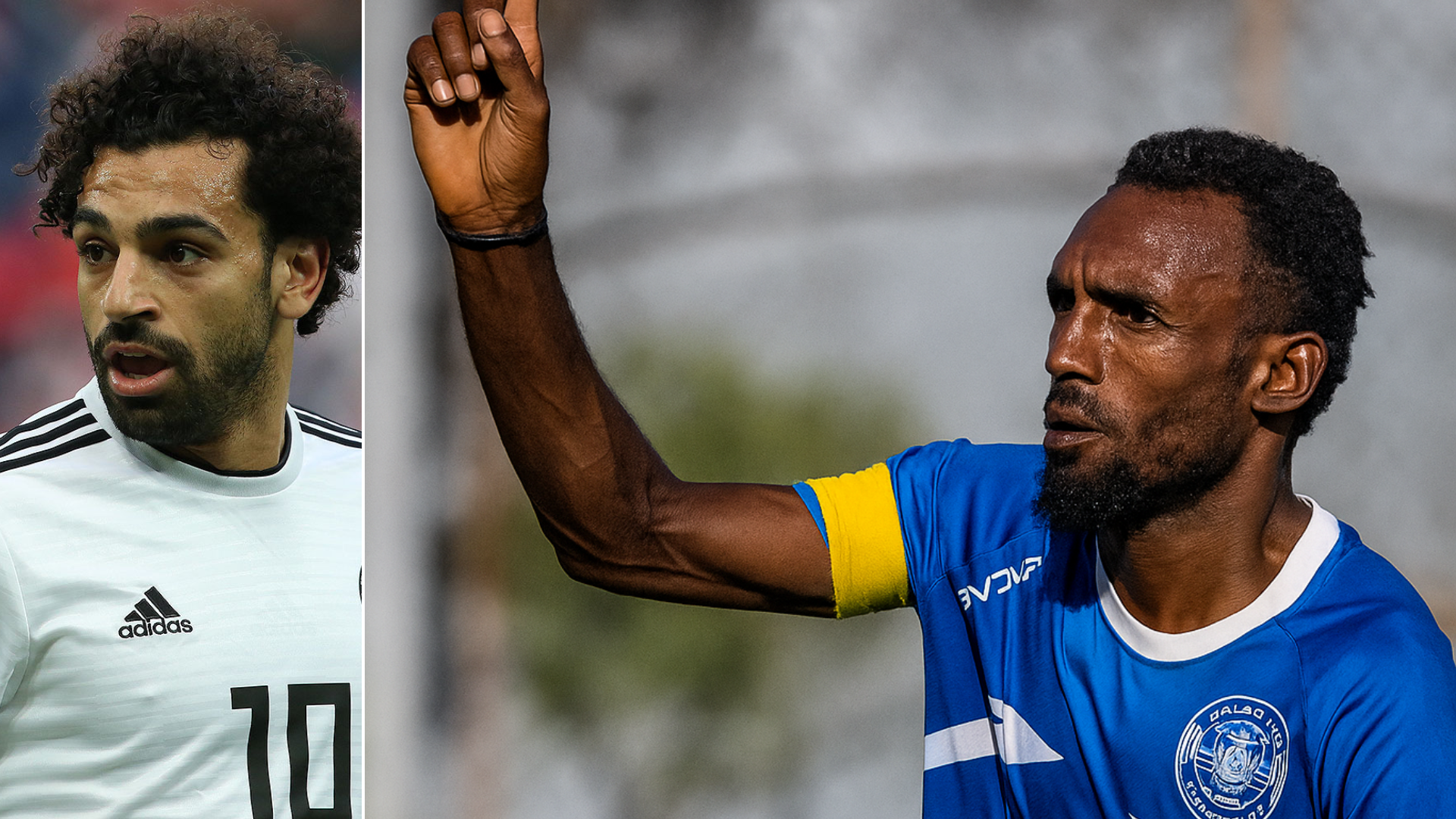
Elham Asaad Buaras
Liverpool forward Mohamed Salah has sparked a global debate over football’s handling of the Gaza conflict after questioning UEFA’s tribute to Palestinian footballer Suleiman al-Obeid.
Al-Obeid, 41, nicknamed the “Palestinian Pelé,” was killed by Israeli forces on August 6 while at a humanitarian aid station in Gaza City. Since the Gaza conflict escalated in October 2023, the Palestine Football Association reports that at least 662 athletes and relatives—including 421 footballers and 103 children—have died, and 288 sports facilities, mostly in Gaza, have been damaged or destroyed.
On August 8, UEFA posted a social media tribute describing al-Obeid simply as “a talent who gave hope to countless children,” without mentioning the circumstances of his death. Salah challenged this directly on X, asking: “Can you tell us how he died, where, and why?”
Can you tell us how he died, where, and why? https://t.co/W7HCyVVtBE
— Mohamed Salah (@MoSalah) August 9, 2025
His post went viral, amassing over 80 million views, and sparked broader discussion about football organisations’ responsibility to acknowledge the human cost of conflict.
Former England striker Gary Lineker reshared Salah’s post, writing: “We can’t hear you UEFA.” Former Labour leader Jeremy Corbyn echoed the sentiment: “Well said Mo!”
Under public pressure, UEFA displayed a banner reading “Stop Killing Children. Stop Killing Civilians” before the UEFA Super Cup between Paris Saint-Germain and Tottenham Hotspur on August 14. While this acknowledged civilian suffering, UEFA has yet to explicitly condemn the circumstances surrounding al-Obeid’s death.
Al-Obeid was a central figure in Palestinian football. He played for local Gaza clubs, captained the national youth team, and earned his nickname for speed, agility, and goal-scoring prowess. Off the pitch, he ran youth clinics, mentoring programmes in refugee camps, and partnered with NGOs to provide education and safe spaces. His death at a humanitarian aid station underscores the risks faced by civilians protecting and empowering others in conflict zones.
Salah’s intervention highlights how athletes are increasingly using their platforms to raise awareness of political and humanitarian crises. Observers describe his criticism as a call for transparency and accountability in international football, drawing attention to both the loss of athletes in Gaza and the wider consequences for youth and civil society.
The controversy also touches on Israel’s contested position in world football. Israel was expelled from the Asian Football Confederation in 1974 under pressure from Arab and Muslim nations, then admitted to UEFA in 1994. The Palestinian Football Association has repeatedly sought Israel’s suspension from FIFA, citing travel restrictions on Palestinian players, bombed sports facilities, and the participation of Israeli settlement clubs in the occupied West Bank—actions human rights groups argue violate FIFA statutes.
FIFA rules prohibit clubs from playing on another member’s territory without consent, yet at least six Israeli clubs in West Bank settlements compete in Israel’s domestic league without PFA approval. Critics argue this legitimises illegal settlements and violates both FIFA’s commitment to human rights and UN Security Council Resolution 2334. Observers also note the double standard compared with Crimea: after Russia annexed the region in 2014, UEFA barred Crimean clubs from joining Russian leagues, but no restrictions have been applied to Israeli settlement teams.
Following al-Obeid’s death, calls to suspend Israel from international football have intensified, with figures such as human rights advocate and former Australia captain Craig Foster drawing parallels with the sporting boycott of apartheid South Africa.
The situation continues to evolve, as UEFA faces mounting pressure from players, fans, and advocacy groups to take a more explicit stance on Gaza. Salah’s intervention has turned a single tribute into a global conversation about football, accountability, and sport’s role in confronting injustice.
Photo: Liverpool’s Mohamed Salah (left) questioned UEFA’s tribute to Suleiman al-Obeid (right), the revered “Palestinian Pelé” killed in Gaza on August 6, sparking a global debate over football’s response to the conflict.
Credit: CC/X
GAZA-RELATED NEWS
Editorial – Weaponised famine in Gaza: a starvation of conscience in the West
Düsseldorf cancels deal with Israeli player amid fan outrage over genocidal social media posts
‘Don’t let Gaza die,’ over 200 German stars urge Merz to stop arming Israel
Israel closes 8 in 9 war crime allegations without charges
Support for Palestinian Statehood in Britain extends beyond Muslim voters, YouGov poll finds